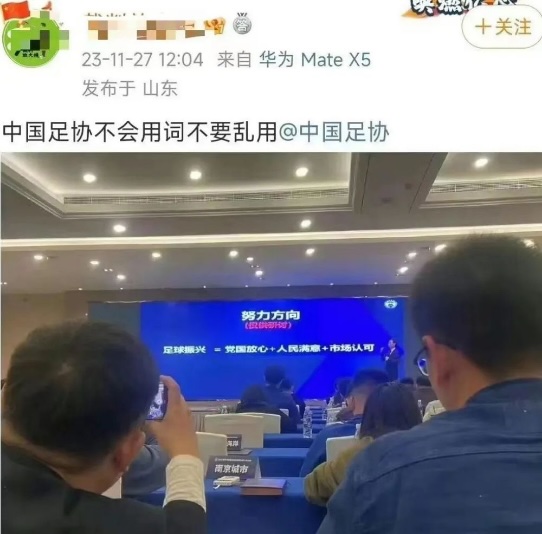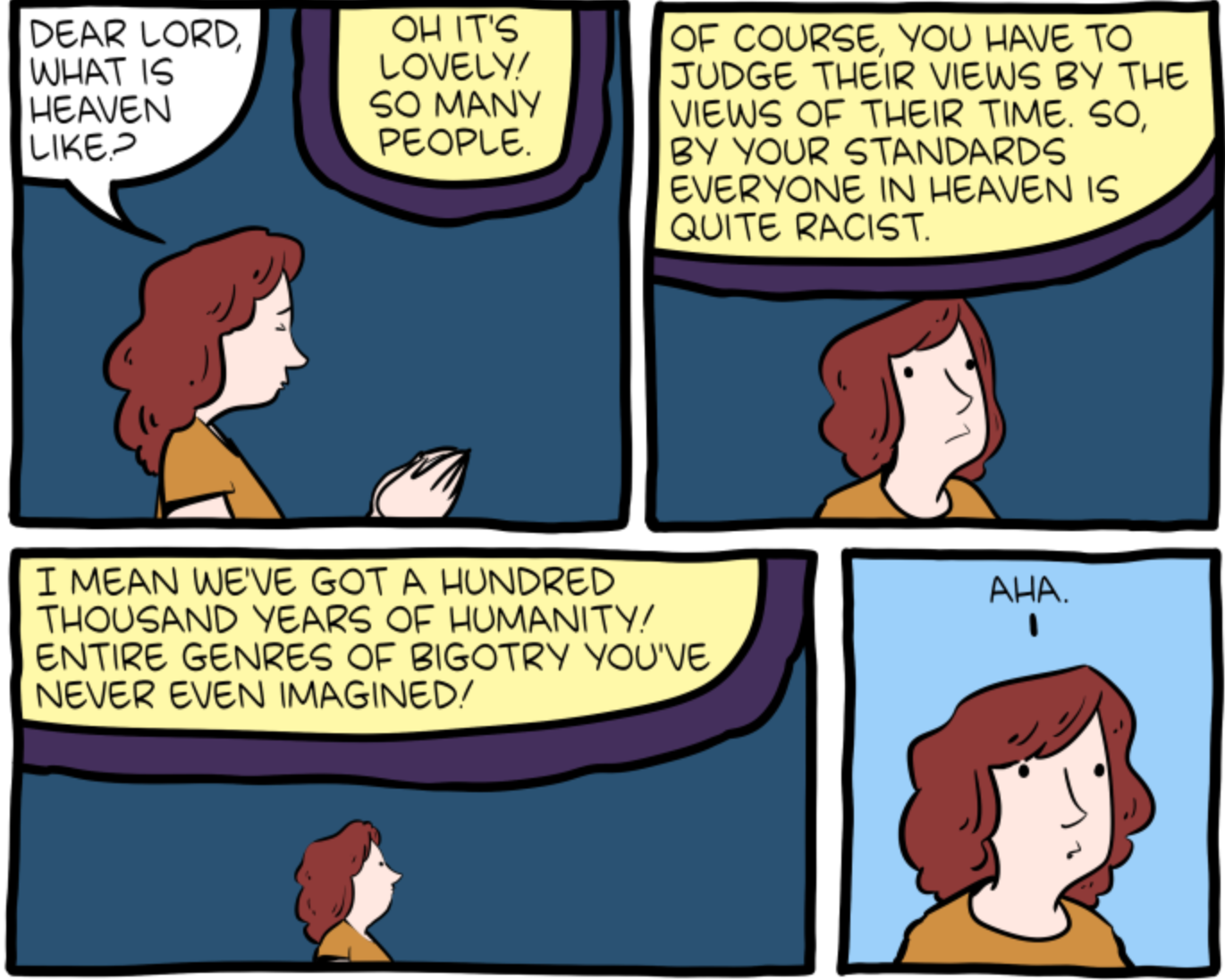My reaction to the current controversy over Claudine Gay's alleged plagiarisms is to observe again that the relevant policies are a tangled and incoherent mess. I first wrote about this back in 2006 — and as it happens, that post compared the work of a different university president with the treatment of a Harvard undergraduate accused of plagiarism:
We tell kids that plagiarism is wrong, but we tell them that a lot of things are wrong that they see successful and respected people doing every day. […] In fact, anyone who pays attention knows that in some cases, like political speeches and celebrity memoirs, it's normal and expected to pass the work of others off as your own.
Here's an example that cuts close to the academic bone. A couple of decades ago, X was a graduate student at Y University, a school that regularly appears in U.S. News and World Report's listing of the top 50 American universities, and not at the bottom of the list either. The school's president, Dr. Z, had a nationally syndicated column. It ran under his byline, but X helped pay her way through school by writing it. I don't mean that she edited it, or did research for it, or drafted it. She came up with the ideas, did whatever research was required, and wrote it exactly as it ran. Dr. Z approved it for publication, or at least was given the opportunity to do so, but he never changed anything. (Or so X told me, and I believe her.)
I'm sure that Y University had a policy against plagiarism, like all similar institutions. It no doubt defined plagiarism in the usual way, as "the act of using the ideas or work of another person or persons as if they were one's own, without giving proper credit to the source" or something of the sort. This definition obviously applies to hiring someone to research and write your papers for you, just as much as it applies to copying passages from a book or cutting and pasting from an online source. (And writing-for-hire is hard to detect unless the hireling squeals. I've heard of one case that was uncovered because the hireling plagiarized a term paper from online sources, and when the copying was detected by the usual means, the accused student tried to absolve herself on the grounds that the guilty party was really the person that she had hired. "I hope you throw the book at the lousy cheater", she is apocryphally supposed to have exclaimed.) In any event, if Ms. X had been caught hiring someone to write her graduate-school term papers for her, she would surely have been unceremoniously dropped from the program.
Read the rest of this entry »

